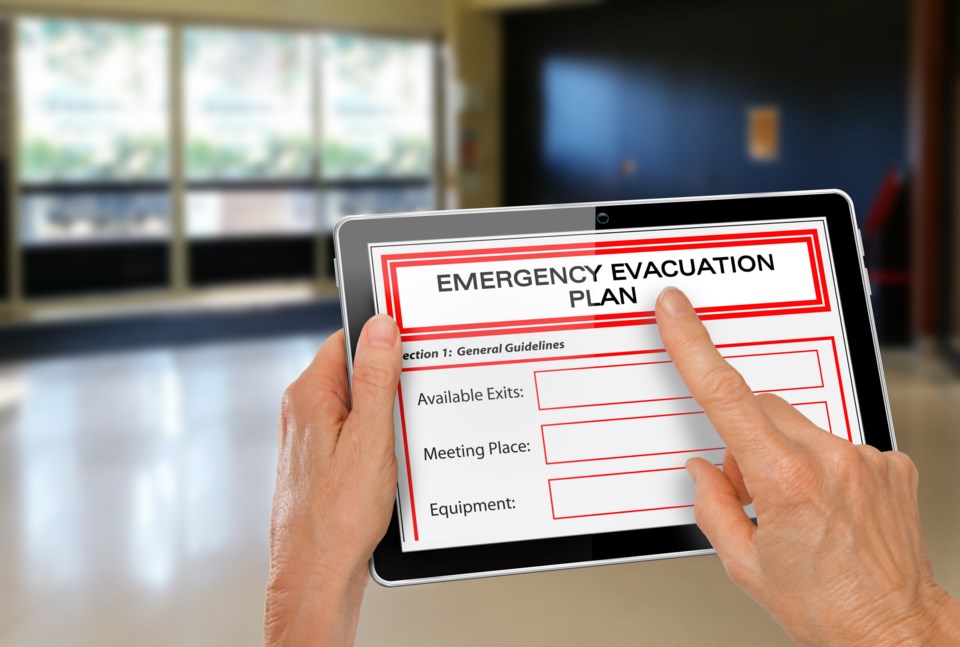It is devastating to see wildfire ravage the forests of British Columbia.
Of course we are not alone—fires are raging in California and in Europe, including those that caused tourists to flee popular destination resorts in Turkey.
But learning that people are still lighting up bonfires in places like the Soo Valley, north of Whistler Village, or at campgrounds or in parks is just incomprehensible.
The BC Conservation Officer Service (COS) has been out handing out tickets and as they said in a recent tweet, “If you’re thinking about going camping and having a campfire with your friends during a campfire ban, think twice. It would be cheaper and safer to enjoy a luxurious hotel and fine dinner.”
Under the Wildfire Act, the COS is handing out tickets of $1,150. The ban was put in place by the province on June 30 as we experienced record temperatures and the wildfire risk became extreme around B.C., including here in Whistler. It will stay in place until Oct. 15 unless something changes to lower the risk.
Here in the resort, the municipality moved last week to ban propane campfires and barbecues in local parks out of an abundance of caution.
“It seems obvious, but even just one moment of carelessness right now could cause a wildfire that could cause catastrophic damage to our community,” said John McKearney, Whistler’s fire chief.
“Our forests are so dry right now that even rain and cooler temperatures in the forecast [last] weekend will not significantly reduce the risk.”
Currently there are 260 wildfires burning in B.C., with 1,451 fires since April 1. In our coastal region we’ve had more than 160 wildfires so far this year, with 22 active wildfires as of Aug. 10. There are 4,058 firefighters and 214 helicopters and planes and their ground crews battling on the frontlines—this is a massive mobilization.
The deadly nature of the White Rock Lake fire near Vernon in the Interior of B.C. gave me pause in the last several days. We have family there and the news that the town was evacuating had us holding family scrums trying to figure out how to help—thankfully for them, the order was rescinded on Saturday, Aug. 7, as officials felt it was unlikely embers from nearby fires could ignite the town of 45,000.
But it just brought home the magnitude of what evacuating means. You have to take responsibility for this yourselves. You have to pack, you have to organize your loved ones and your pets, you have to think about somewhere to go and stay. The hour before you are fleeing the flames is not the time to do this. Are you organized?
Monte Creek, like Lytton—both towns we drove through and stopped at on our way to see family in Vernon—are now nothing more than smoking ruins. It is heartbreaking and terrifying in equal measure.
Wildfire officials in the region, while they have lifted the evacuation for now for Vernon, are on high alert, fearing that embers could jump across Okanagan Lake.
“Luckily, we were able to get a break in the weather and that didn’t happen, but this fire is showing very, very extreme fire behaviour and so ... we are expecting, at some point, to be returning to conditions that will lead to that significant fire behaviour,” Forrest Tower, fire information officer with the BC Wildfire Service, told the Canadian Press last weekend.
Let’s keep in mind that the temperatures are forecasted to be up in the mid-30s by the end of the week, and there is no rain expected to fall in the short term.
As I thought about this I realized one thing without doubt: The time to pack up things and get out of Whistler is when an evacuation alert is issued. Don’t wait for the order.
In last week’s Pique, Ryan Donohue, emergency program coordinator with the Resort Municipality of Whistler, said: “There is a degree of responsibility for every citizen to have some level of knowledge on this, and some level of preparedness going into the summer, or any emergency.”
He added that there is no emergency plan that can save us from a roaring fire coming through Whistler (think Lytton)—that is why it is so important to have a family or personal plan and be ready.
Everyone should sign up for the Whistler Alert, so that you get the evacuation alert as early as possible.
Need help putting your plan together? Go here: whistler.ca/evacuation.
Don’t wait to do this. Do it now… you will sleep better.





